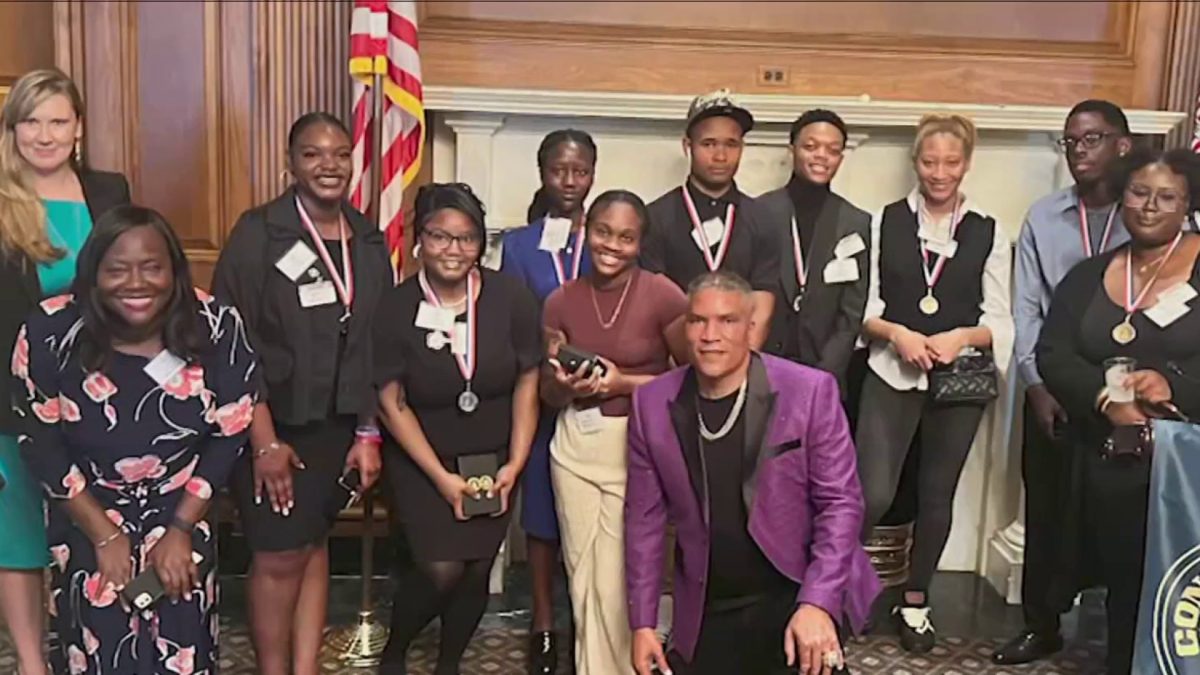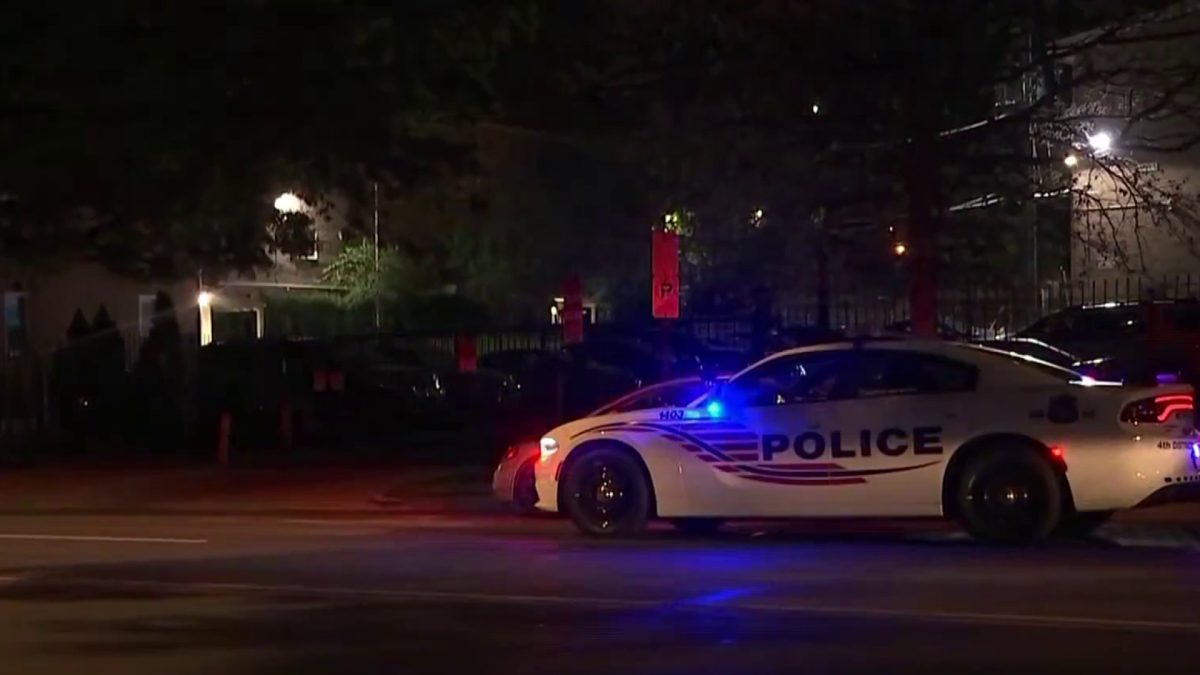Harry Jaffe, a longtime chronicler of the people and politics of Washington, D.C., writes a column for NBC Washington's First Read DMV blog.
We have arrived at a post-accountability moment where facts no longer matter, thanks to President Trump. We might be on our way to a post-credibility moment.
But we are not post liability.
Last week, Freestate Electrical amended the complaint it had filed in January in D.C. Superior Court charging that the Trump International Hotel is liable for more than $2 million in unpaid construction costs. Freestate is one of four local contractors alleging Trump’s company stiffed them for a total of $5 million during construction of Trump’s luxury hotel down Pennsylvania Avenue from the White House.
Court documents describe dramatic demands on contractors in a race to complete construction so Trump could moon for the TV cameras last September in the midst of his presidential campaign.
"Acceleration of Freestate's work required Freestate’s crews to work nonstop, seven days per week, 10 to 14 hours per day, for nearly 50 consecutive days, prior to the 'soft opening,' at significant additional cost and expense for which Freestate expected payment," reads one claim in the lawsuit.
Payment that has yet to come.
Local
Washington, D.C., Maryland and Virginia local news, events and information
Trump's hotel deal on America's main street is rife with potential for conflict of interest. Hold that. It is the epitome of conflict.
Trump won the right to turn the Old Post Office Building into a hotel in 2013. The federal government owns the land, so Trump is leasing the hotel from the General Services Administration.
As president, Trump has purview over GSA, which means he's both landlord and tenant. If that’s not a conflict, the contract between Trump and GSA says no elected official "shall be admitted to any share or part of this Lease, or to any benefit that may arise therefrom . . ."
Since the president is still part of the company that owns the hotel, he indeed stands to benefit.
If there's any doubt President Trump is personally in the lawsuit, court documents include his signature on Exhibit 1, a copy of the lease agreement.
Trump could have avoided the claims by not repeating his company's pattern of short-changing contractors. Freestate said Trump offered to pay a third of the costs "evidencing a typical business practice meant to force subcontractors to accept 'pennies on the dollar'" instead of full payment, according to its complaint.
Since Freestate's suit, M.C. Dean, one of the region’s most prominent contractors, filed a mechanics’ lien with the D.C. government for $250,313 in unpaid bills, according to documents filed with D.C. government.
Could the Trump hotel deal on Pennsylvania Avenue be one of the threads that pull apart the fabric protecting the president and his enterprises?
It certainly exposes him to congressional attacks.
"Any organization operating under a federal contract should meet its obligations to its small business partners," Oregon Rep. Peter DeFazio told me by email. He's the top Democrat on the House committee with jurisdiction over the GSA.
"If Mr. Trump owes these small businesses money, he should pay them immediately," DeFazio said.
DeFazio promised to "do what I can to force GSA to provide answers about the liens and the massive conflicts of interest involved with the Trump Organization’s lease."
DeFazio and other Democrats have asked GSA to provide documentation that Trump is current on lease payments and reports on revenue and expenses submitted from Trump’s organization.
The Trump Organization did not reply to my questions on the liens and GSA. In response to a Washington Post story on the liens, a company spokesman wrote “the filing of nominal liens at the conclusion of construction is not uncommon as part of the close out process.”
If President Trump had divested himself from his eponymous business enterprises, he could have avoided these conflicts, which have the potential to become full blown scandals. Perhaps he figured he was beyond accountability.
But not even the president is beyond liability. Freestate’s case is scheduled for trial April 28.



